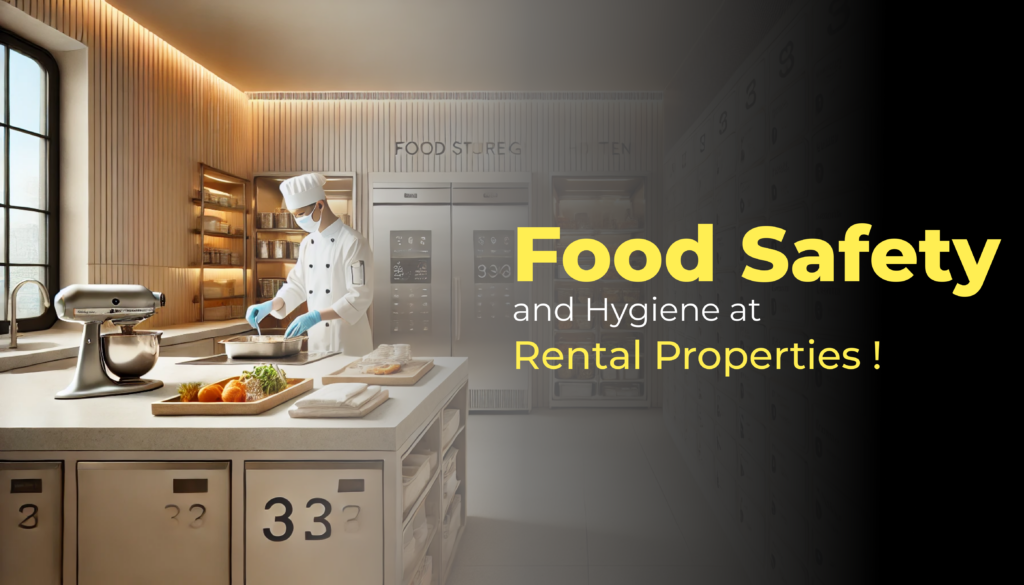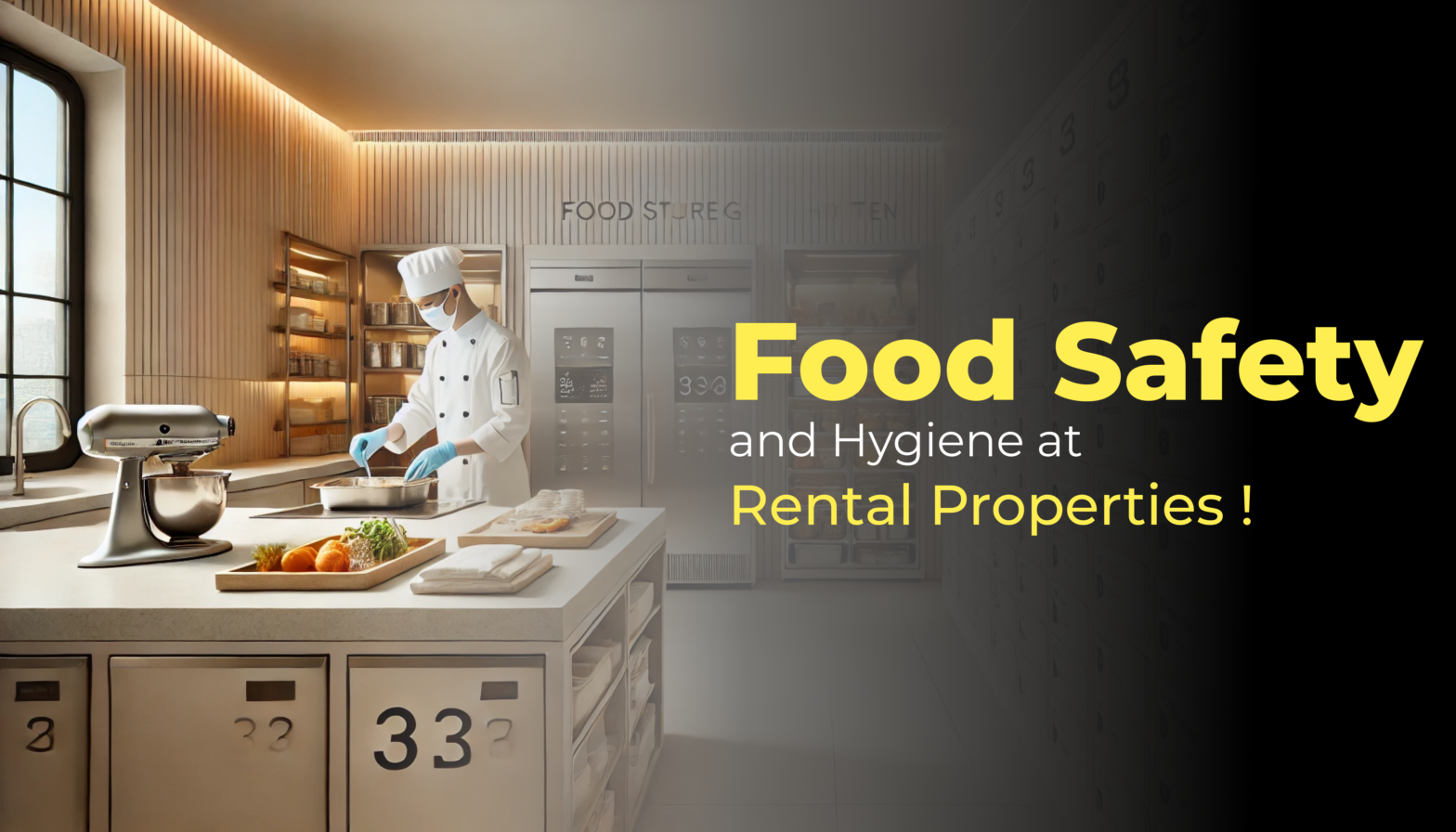
With the growing popularity of shared living spaces such as PGs, hostels, and tiffin centres, ensuring food safety and hygiene is more important than ever. Recently, several tiffin centres and hostels in Hyderabad were subject to food safety raids, revealing significant health risks. These instances raise a pressing question for rental property managers: How can you ensure a safe environment for your tenants, particularly regarding food and hygiene?
At RentOk, where we focus on providing seamless property management tools, keeping tenants safe and healthy is key. Here’s a look at how food safety concerns can be addressed within shared living spaces.
Why Food Safety Matters in Hostels and PGs
Many rental properties, especially those accommodating students and working professionals, offer food as part of the package. Whether through in-house kitchens or external tiffin services, food safety must be a priority to avoid legal troubles and ensure tenant satisfaction. A single instance of foodborne illness could lead to severe consequences, including a bad reputation, legal complications, and loss of tenants.
Key Areas of Focus for Property Owners
1. Kitchen Hygiene
If your property includes a kitchen, ensure that it follows food safety regulations. This includes keeping surfaces clean, separating raw and cooked foods, and maintaining the right temperature for food storage. Regular inspections should be part of your kitchen staff’s routine, and any lapses should be addressed immediately.
2. Safe Food Handling
Make sure that your staff is trained in proper food handling techniques. From wearing gloves to using clean utensils, these small steps can make a big difference. Any vendor or staff involved in preparing food should have appropriate food handling certification.
3. Regular Audits
Carry out regular audits of food preparation areas, storage rooms, and tiffin delivery systems. Keeping a close eye on these operations will help you spot issues before they escalate. RentOk allows easy scheduling and tracking of these audits, ensuring that no detail is overlooked.
4. Vendor Accountability
If you outsource food services to a third-party vendor, ensure that they comply with food safety standards. Insist on certifications, and consider periodic inspections of their facilities. RentOk allows you to store vendor information and certifications securely, ensuring compliance is always just a click away.
5. Tenant Communication
Tenants should be informed about the food safety measures in place. Display food safety guidelines prominently in kitchens and dining areas, and encourage tenants to report any hygiene issues they observe. RentOk’s complaint dashboard makes it easy for tenants to raise concerns, which can then be addressed promptly.
Conclusion
Food safety should not be taken lightly in any rental property that offers food services. By focusing on hygiene, proper training, and regular audits, property managers can ensure a safe and satisfying experience for their tenants. RentOk provides all the tools necessary to streamline property management, including food safety measures.
By prioritizing the health and safety of your tenants, you not only fulfil legal obligations but also build trust and long-term relationships with your renters. Keep food safety at the forefront, and let RentOk handle the rest.
For more tips on ensuring a safe living environment, check out our other blogs on RentOk’s property management solutions.
Read more blogs of RentOk
Best PG manager app, Best rent collection app in India, Rent agreement format, Top 5 PG in Gurgaon, free rent agreement, online police verification, Complete Rent Agreement Format for 2023, tenant management software, Best PG manager app, Top 5 property management app, Haryana rent control act, Delhi rent control act



